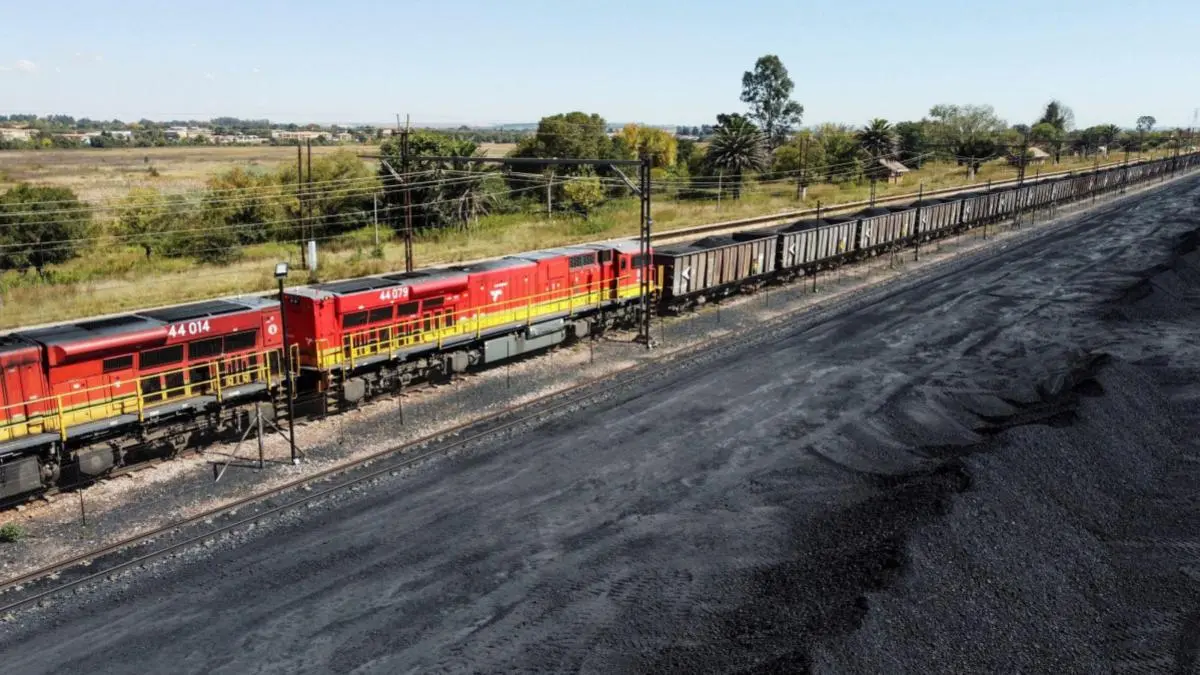
New Delhi: The volume of goods transported on India’s new dedicated freight corridors (DFCs) has seen a remarkable increase this financial year, doubling compared to 2023-24.
Data from the Dedicated Freight Corridor Corporation of India Ltd (DFCCIL) reveals that net tonne kilometres (NTKMs)—a measure of freight volume—rose to 62,282 million between April and October 2024. This marks an increase of 292.4 million NTKMs per day, up from 32,164 million NTKMs or 151 million NTKMs per day during the same timeframe in 2023.
The operationalization of an additional 522 kilometers of the DFC network in 2023-24 has significantly contributed to this growth.
A senior official from DFCCIL indicated that a further 20 percent increase in freight traffic is anticipated once the remaining 102 km of the western DFC is completed by the end of 2025.
The official also noted that traffic earnings for 2024-25 are expected to exceed previous records by a substantial margin. There is a noticeable shift of freight from traditional railway routes to the DFC, with about 350 trains currently operating daily on the new network, which is designed to accommodate an average of 480 trains per day.
“Our goal was to capture over 70 percent of the railways’ traffic on the sections parallel to the eastern and western DFCs. In the fully commissioned eastern DFC, we have already surpassed 80 percent, while the western DFC is currently at approximately 60 percent,” the official stated.
This transition of goods traffic to the DFC has also alleviated congestion on the conventional Delhi-Mumbai and Delhi-Kolkata routes, allowing the railways to improve operational efficiency.
The 1,506-km western DFC primarily handles containerized cargo, cement, petroleum products, and trucks-on-train, while the 1,337-km eastern corridor focuses on transporting heavy bulk cargo like coal, iron, steel, fertilizers, food grains, and containers.
The Vaitarna-JNPT (Jawaharlal Nehru Port) segment of the western corridor, which has faced delays, is the last part of this extensive project. Tata Projects was awarded the contract for this section in 2017, but due to slow progress, DFCCIL terminated the contract in 2022. However, this termination was later revoked after Tata Group committed to speeding up the project.
